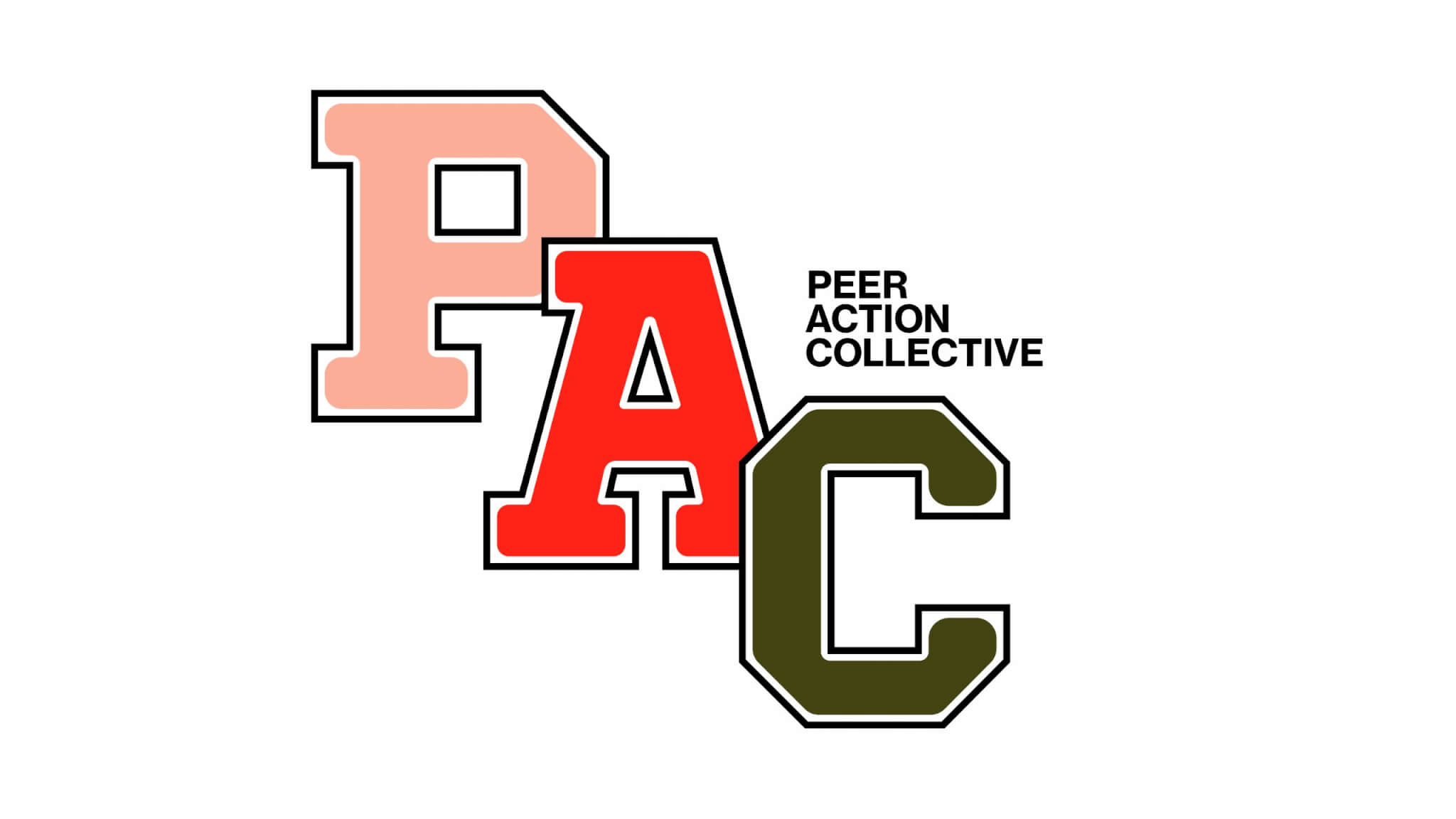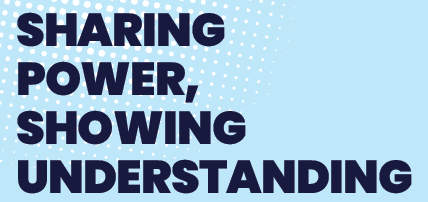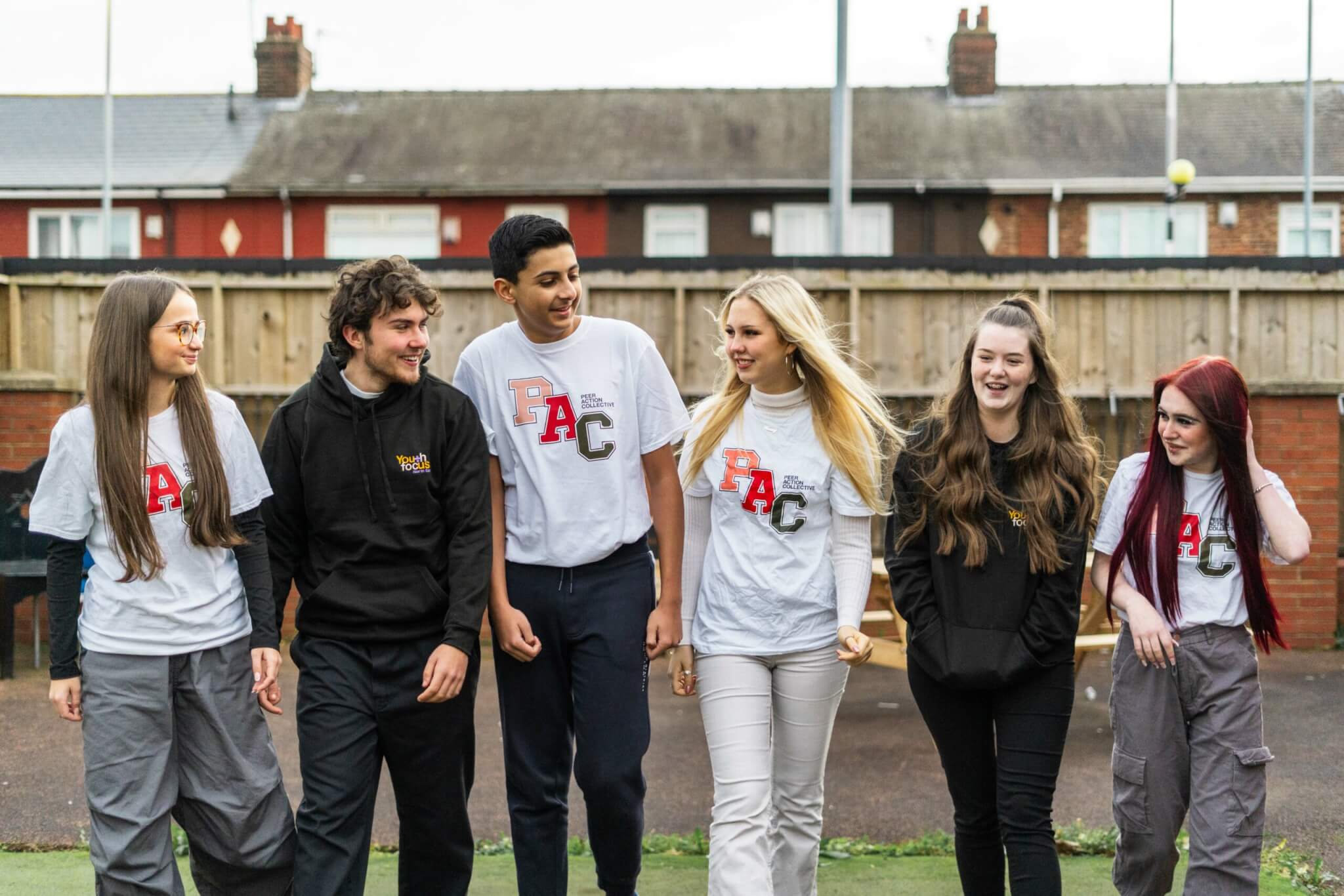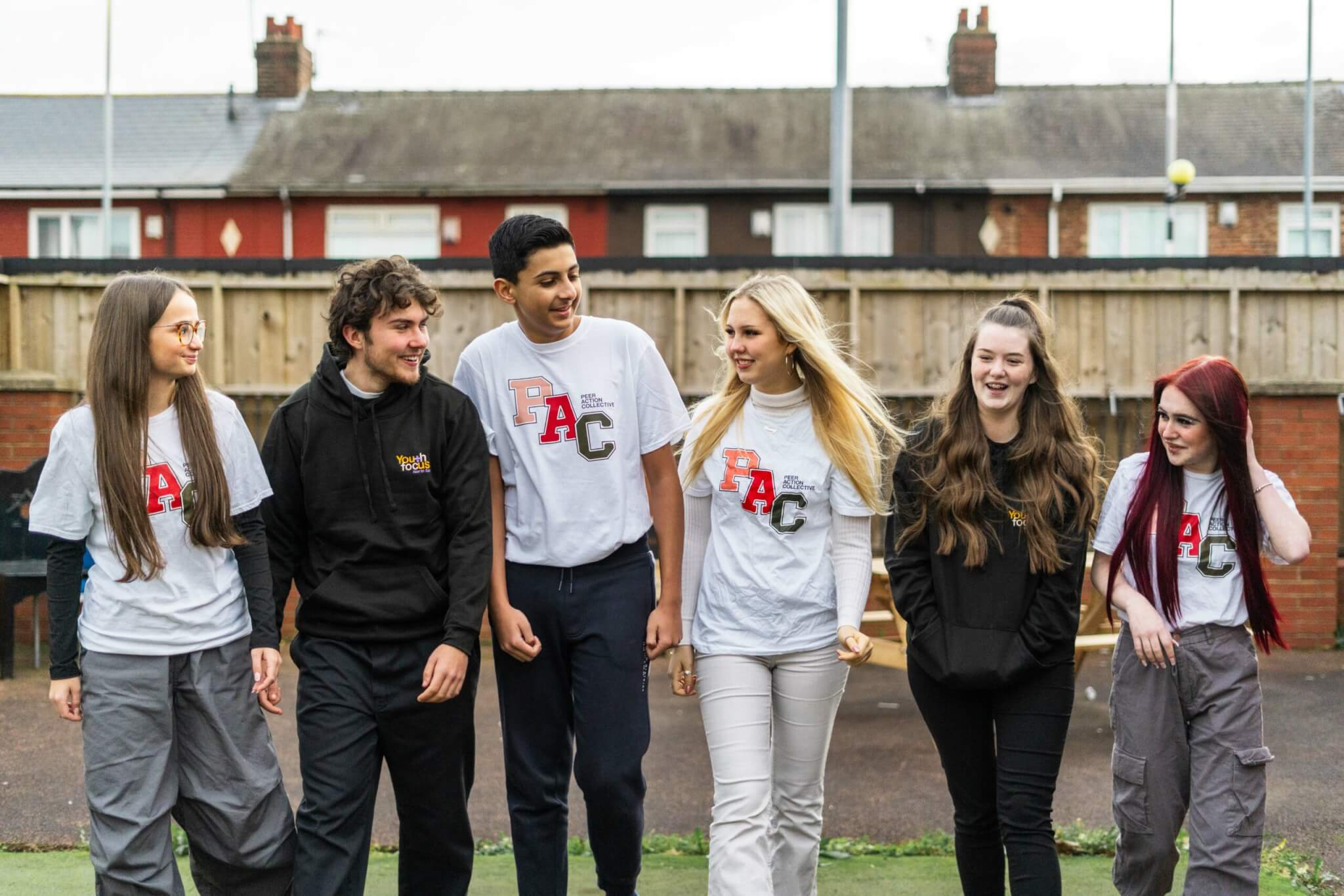
PAC Peer Researchers reflect on their first research projects
Funded by the Youth Endowment Fund, the #iwill Fund (a joint investment between The National Lottery Community Fund and the Department for Culture, Media and Sport) and the Co-op, the PAC is here to support young people to take the lead.
Peer Researchers aged 16-25 have been conducting research across England and Wales for the last 3 months. They have worked extremely hard, delving into the pressing issues of violence affecting their communities by looking into the systems and structures that could affect young people’s experiences of violence, including: the education system, the adults that support them, and the spaces and activities that provide enrichment and opportunities. We asked them to reflect on what they have learned from their research to date, and what has been surprising.
Engaging with adults around them
Many of the Peer Researchers’ reflections related to their relationships with authority figures around them. In Wales, the PAC team noted:
The power dynamics between young people and authority figures appeared multiple times as a barrier for trust. If somebody has authority and control over young people, trusting them is more difficult.
In Birmingham, the team investigated how social media can impact the role models young people have around them:
Social media is becoming more influential, and it often presents a skewed image of a role model. Negative role models are often portrayed on social media as ‘goals’, such as glamorisation of criminal behaviours.
Having places to go and things to do
Accessing engaging environments, supported by trusted adults, came up as a key priority among young people. In Exeter, the PAC team shared:
Young people feel that there needs to be more safe spaces with trusted adults both in and out of schools.
In Bristol, the team highlighted a barrier to engaging in positive activities in their communities:
There is a lack of awareness from young people of youth clubs, facilities or activities available to them in their local areas.
Feeling safe and supported in education
Young people have been exploring many facets of the education system, from exclusions to additional provision within schools, to power dynamics. The Haringey PAC team reflect:
One of the most surprising things from our research was the amount of polarisation that occurs between someone who has been excluded and their wider community and friends. Many young people spoke about feelings of isolation due to their experiences of relocation and constant movement to new educational institutions. Many also commented on how they found it difficult to connect effectively with their peers when returning to their school or college.
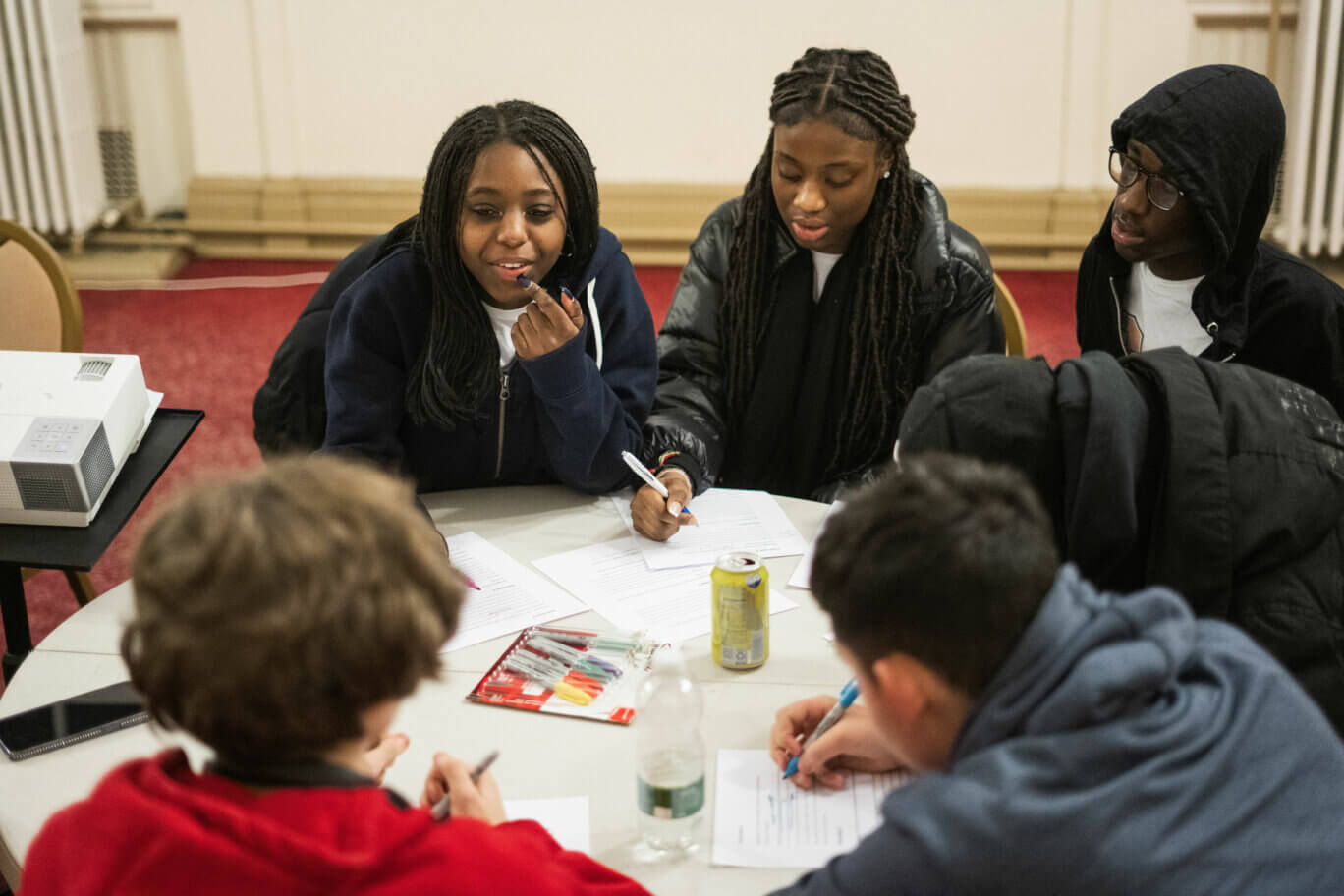
What have Peer Researchers learned about doing research in their communities?
Kandra, a Peer Researcher from Haringey, reflected on the process of doing research:
During the research I learned how to conduct research ethically. We had to decide the best and most ethical way to collect data from young people. After that we were taught how to categorize some of the things that participants were saying. We grouped certain words and sentences into feelings and solutions such as “anger” and “schools’ approach to action”. This allowed us to see the recurring themes that young people experience.
Muna from Wales adds:
One interview that surprised me was with a 10-year-old child who, despite having lived through challenging experiences, was willing to share these with such optimism and hope. This child’ s resilience and positivity were truly inspiring, highlighting the incredible strength and potential within young people, even in the face of adversity. This encounter reinforced the importance of listening to and valuing the voices of young people.
What’s next for the PAC teams?
A massive congratulations to the PAC teams for completing their first research projects. The process of learning to do safe and ethical research is a major milestone in the Peer Researchers’ journeys.
Teams are now taking what they have learned and turning this into social action projects to make a difference in their communities, led by Social Action Leads aged 16-25. Full research findings will be shared in the coming months. The young people driving PAC will not let their findings sit on a shelf; they will be sharing what they have learned and asking those in positions of power to listen to the voices of young people when designing solutions to violence that directly affect them.
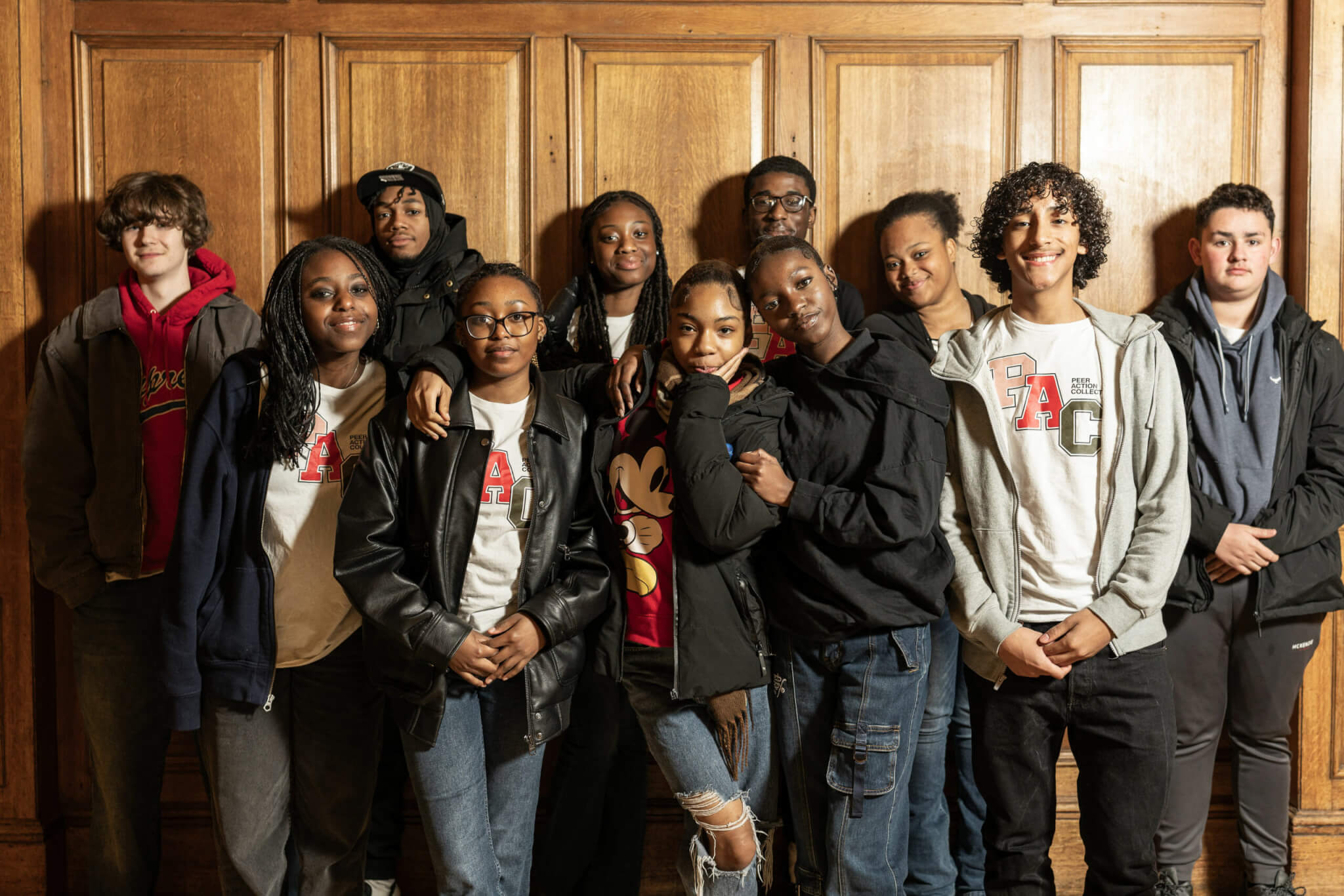
Stay tuned for more PAC updates and insights from across England and Wales.


